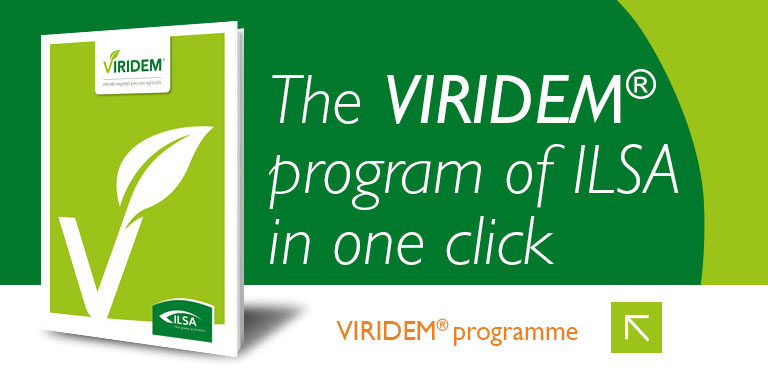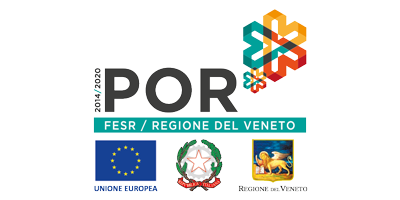Editorials
On World Environment Day we celebrate ILSA's 65th anniversary and take the opportunity to answer Mr. Joe’s questions
05/06/2021
Mr. Joe. As an industry, isn’t it true that every industry pollutes so it’s perhaps not something to celebrate on this day?
ILSA. The truth is that we reduce waste and pollution and we have been actively enhancing by-products from other industries for 65 years thanks to scientific research and cutting-edge biotechnology. For instance, we recycle precious organic nitrogen from tanned leathers scraps to make efficient natural fertilisers for farmers all over the world.
Mr. Joe. Would that mean that you contribute to animal suffering?
ILSA. No, no single cow has ever been sacrificed for hide. Cattle are raised for meat and the hide, which is not eaten by anybody, would end up in landfill, which are the garbage bins of each communities. The tanning industry reuses hide to make shoes, sofas, clothing and various other products. ILSA has been recovering and enhancing scraps and trimmings from tanning processing for 65 years helping improving the sector's circular economy and eliminating waste and the consequent environmental impact. More than 90% of our raw materials come from renewable sources including vegetable agri-food by-products which for us are inexhaustible renewable sources, starting from the concept “from plants for plants”.
Mr. Joe. What do you mean by ‘from plants for plants?”
ILSA. Our researchers began plant studies 20 years ago, particularly those resistant to environmental stresses and with tenacity and cutting-edge technologies, they have managed to extract natural molecules that make other plants strong and resistant. Nature has equipped us with everything we need, so it is up to us to find how to use what is already there with an innovative spirit and a desire to experiment. Today, all over the world our fertilizers and bio-stimulants of animal and vegetable origin, allowed in organic farming, make crops more resistant and productive. So we contribute to preserve rural areas, safeguarding the Earth and its biodiversity and we contribute to the progress of the agro-food chain by increasing the crop productivity. The world population is growing and with it also the demand for good and healthy food. More sustainable and efficient agriculture is one of the most important challenges for the future and it is our duty to help overcome it.
Mr. Joe. That’s all positive but, as an industry, you still make a footprint on the environment?
ILSA. It’s true and every activity has an impact on the environment in some way: we all do it in our daily lives. We wanted to understand how much we impact so we were the first European SME in our sector to accurately calculate the environmental footprint of our organization and product along the entire life cycle and up to the final consumer. The results have been encouraging as we have very little impact, but above all we now know our environmental performance so we can measure and verify exactly our progress in reducing it. Then, with the ILSAZERO project, we aim to offset all the CO2 produced for the production of our fertilizers in a few years, planting thousands of fruit and reforestation trees every year in the world. Trees that by absorbing CO2 give oxygen to the planet and at the same time favour the development of agriculture and the sustenance of small agricultural communities.
Our idea is to contribute to an economic growth combining product performance with respect for nature and people. It is more than a noble purpose and encompasses concrete facts that represent our consistent actions since the foundation of ILSA, 65 years ago and that we call The green Evolution.










.png)
















